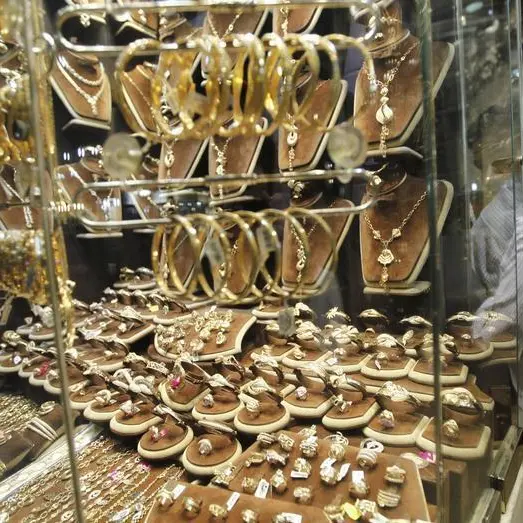PHOTO
Fitch Ratings has downgraded its outlook for Egypt saying weaker external liquidity and reduced prospects for access to bond markets leave it vulnerable to global shocks.
The ratings agency has revised the outlook on Egypt's Long-Term Foreign-Currency Issuer Default Rating (IDR) to negative from stable, but affirmed the IDR at 'B+'.
In a report issued on Tuesday, Fitch also cited a decline in foreign reserves this year, saying they were now equal to just over three months of current external payments. The Central Bank of Egypt's foreign-currency assets not in reserves, mostly deposits at local banks, had recovered to $2 billion by October, from $1.5 billion in March, albeit still well below their February level of $9 billion.
External liquidity fell driven by outflows of non-resident investment in locally-issued government debt, which dropped to about $13 billion by September 2022, from over $17 billion in March and over $30 billion in 2021.
Following October’s currency devaluation, interest-rate hike and $3 billion loan deal with IMF, some recovery is likely although "at 40% of reserves portfolio holdings remain a significant vulnerability,” said Fitch.
Egypt's current account deficits (CADs) is set to narrow to 3.1% of GDP ($13 billion) in the fiscal year ending June 2023 from 3.5% of GDP in FY22 and 4.4% in FY21. "Further improvements in FY23 will be driven mainly by higher Suez Canal shipping fees and further growth in tourism."
Egypt's B+ rating reflects support from bilateral and multilateral partners as the country is expecting further investments from the GCC, with a total of $3.6 billion of equity acquisitions finalised so far in 2022, Fitch said.
The ratings are supported by the country's large economy and robust growth, "which we expect will remain above the 'B' median at 4.5% in FY23 and FY24, after 6.6% in FY22. Tighter monetary conditions and funding availability pose significant risks to growth."
(Reporting by Brinda Darasha; editing by Seban Scaria)




















